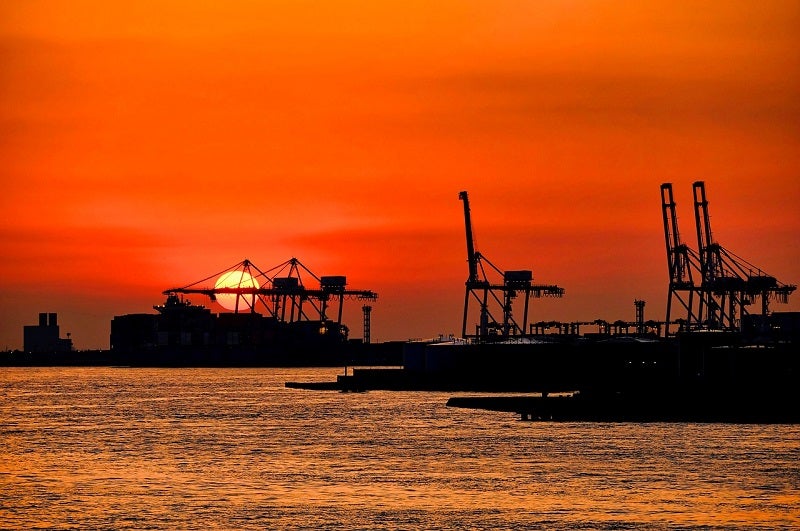
Russia plans to cut its oil exports from Western ports by up to 25% in March compared with February, exceeding its previously announced production cuts, in an effort to raise prices for its oil, three sources in the Russian oil market have told Reuters.
Cuts from the ports of Primorsk and Ust-Luga on the Baltic Sea and Novorossiisk on the Black Sea could amount to a quarter of February’s total output, although some adjustments to this figure could still be made, one source said.
Moscow had already announced plans to cut its oil production by 500,000 barrels per day (bpd) in March. This would have equalled 5% of its output or 0.5% of global oil production for the month.
However, if confirmed, these latest plans to cut supply by up to 25% would see as much as 625,000bpd removed from Russia’s oil exports.
“The export cuts appear to be deeper than the planned production cuts. It might help bump up the price for Russian oil,” one of the sources said via Reuters.
In response to sanctions
The voluntary cuts come in response to price caps imposed on Russian oil by Western countries as the war in Ukraine continues. Caps on Russian oil have been in place since 5 December, with further caps imposed on oil products on 5 February.
The G7 group of nations agreed to put a price cap on Russian oil of $60 per barrel, well below the Global Brent benchmark trade price of more than $80 per barrel, in efforts to minimise the money Russia can make from sales of its oil.
Russian leader Vladimir Putin and other Russian officials have said that Russia would refuse to sell oil to countries that abide by the caps.
Since its invasion of Ukraine, Russia has managed to reroute most of its oil exports from Europe to India, China and Turkey as countries uninvolved in sanctions snap up heavy discounts. Imports to India in particular have risen significantly, climbing to an all-time high of 1.4 million bpd in January, making it Russia’s primary oil buyer of ship-based consignments. China stands as Russia’s biggest oil buyer overall, importing large portions of its imports via pipeline.
However, it has struggled to reroute exports of its refined products away from Europe after refiners in India, China and Turkey saturated the market with fuels produced from imported Russian crude oil.



